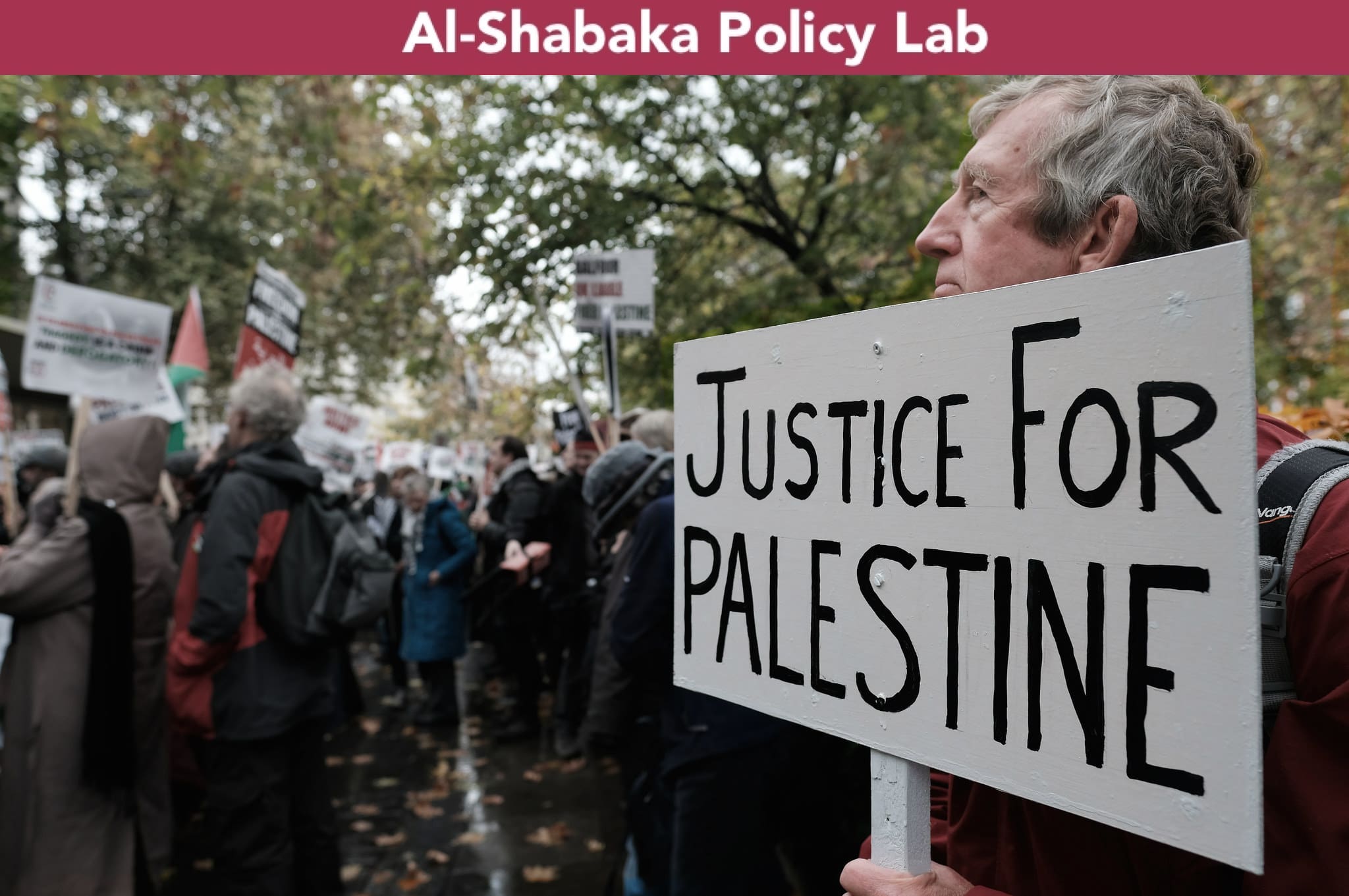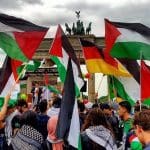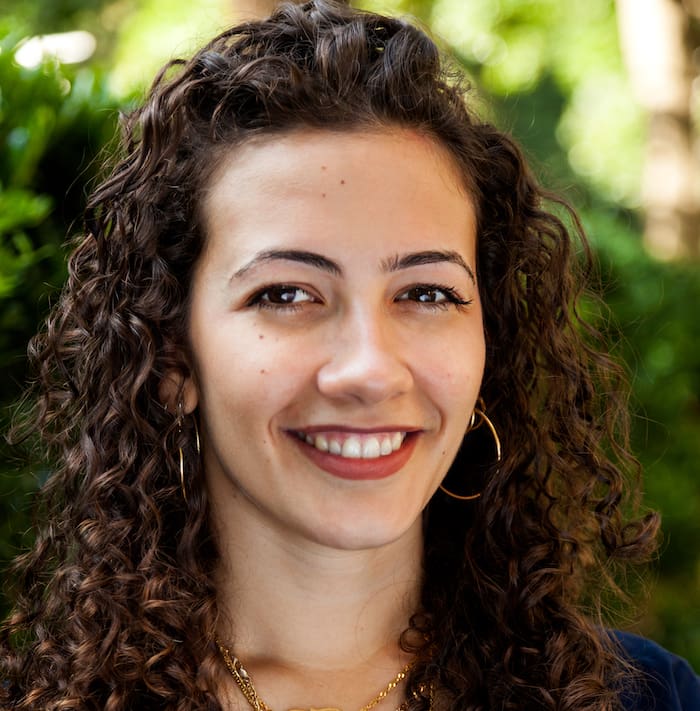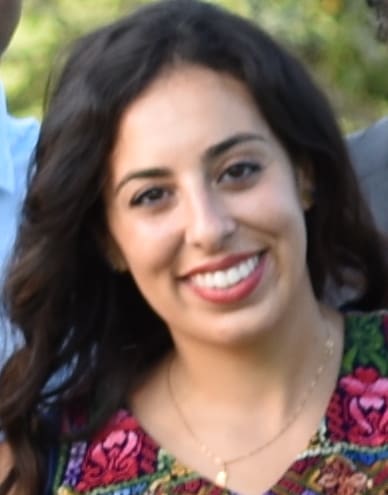
Is the global Palestine solidarity movement exerting its energy in the right places? How can the movement better coordinate with developments in Palestine? Is Palestinian self-determination sufficiently reflected within the movement?
On the 2018 International Day of Solidarity with the Palestinian People, Al-Shabaka’s Zena Agha is joined by analysts Loubna Qutami and Randa Wahbe to explore these challenging questions and more.
Zena Agha is the Interim Director of the British Palestinian Committee. She previously served as Al-Shabaka’s US Policy Fellow (2017–2019), where her research focused on Israeli spatial practices, climate change, and Palestinian adaptive capacities. She was awarded the Kennedy Scholarship to pursue an MA in Middle Eastern Studies at Harvard University and holds a PhD from Newcastle University, where her research examined colonial cartography in Palestine. Her writing has appeared in The New York Times, Foreign Policy, The Nation, The Independent, Foreign Affairs, NPR, and El País.
Al-Shabaka Member Randa Wahbe is a graduate student in anthropology at Harvard University. Her research focuses on how Palestinian dead bodies are exploited by the Israeli state to facilitate its settler-colonial expansion. She also holds an M.P.H. in Epidemiology from the Columbia University’s Mailman School of Public Health and a B.A. in International Development from the University of California, Los Angeles, and is a founder of Students for Justice in Palestine at both universities.
Al-Shabaka Policy Member Loubna Qutami is a Presidents Postdoctoral Fellow at the University of California, Berkeley. She has a PhD from the Department of Ethnic Studies at the University of California, Riverside. Qutami is also the former Executive Director of the Arab Cultural and Community Center (ACCC) in San Francisco as well as a founder, member, and the former International General Coordinator for the Palestinian Youth Movement (PYM).
















